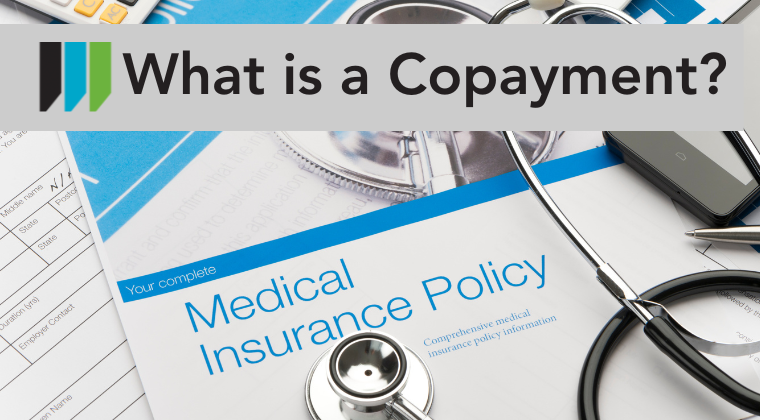Insurance Benefits - What is a Copayment?

Copayments, or copays, are a common form of cost sharing included with many health care plans. Understanding how your copayment works can help you manage your finances, avoid surprise payments and plan your budget. This article provides an overview of copayments and how they work.
Overview of Copayments
A copayment is a fixed amount of money that you may be required to pay when you receive certain covered health care services or purchase prescription medications. It is a cost-sharing arrangement between you and your insurer in which your insurer covers the remaining portion of your medical expense in exchange for your copay.
The exact cost of your copayment will vary depending on the health care plan you choose. For example, your copay for an annual checkup with your primary care physician might be $20, $25 or $30. Health insurance plans with higher premiums typically have lower copayments, whereas plans with lower premiums usually have higher copayments. If you visit the doctor frequently, you may decide that a higher-premium, low-copayment plan is best for you. On the other hand, if you don’t plan to visit the doctor regularly, a low-premium, high-copayment plan might better suit your needs.
Understanding When You Will Have a Copayment
With many health insurance plans, you’ll be financially responsible for 100% of medical costs out of pocket until you’ve met your deductible. After meeting your deductible, you will typically have to make copayments for medical services. Copayments are typically paid at the time of service or when filling a prescription. However, not all health care plans have copayments, so it’s important to carefully read the terms and conditions of your health insurance policy to understand how your plan works.
The Cost of Your Copayment
The specific copayment amount you must pay may vary depending on the type of service or medication you receive, as well as the terms of your insurance plan. For instance, primary care visits, specialist consultations and emergency room visits may have different copayment amounts. Additionally, some plans cover preventive care, meaning you will not have a copay for these services.
Conclusion
Understanding how key insurance terms and concepts can help you find the right health care plan for your needs, potentially saving you thousands of dollars every year.
Contact your employer today for more information or reach out to our knowledgeable Employee Benefits staff to learn more. 910-762-8551 Insurance@wellsins.com


